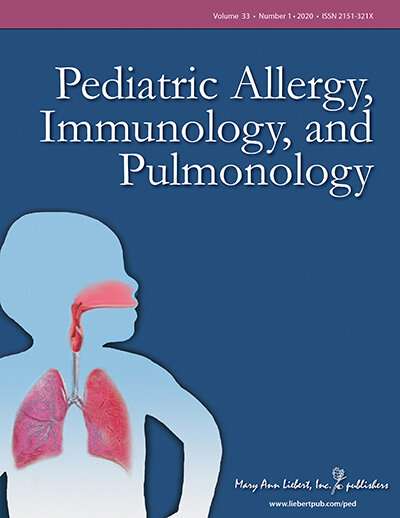Credit: Mary Ann Liebert, Inc., publishers
Next-generation sequencing of the COVID-19 virus is providing powerful metagenomic data, which, combined with clinical data, will inform the search for effective treatments, as reported in the peer-reviewed journal Pediatric Allergy, Immunology, and Pulmonology.
"Continued genomic and epigenomic analysis of SARS-CoV-2 is critical," say Drs. Dehority and Dinwiddie from The University of New Mexico School of Medicine, "as it can be used to determine the number of virus strains, how the virus is introduced into new regions, the number of introductions of the virus, if there is community spread of virus, if outbreaks are linked, and how the virus is evolving."
Genetic analysis will also guide and inform efforts to develop vaccines and both novel and repurposed therapeutic agents, by testing for viral susceptibility or resistance to these interventions.
Pediatric Allergy, Immunology, and Pulmonology Editor-in-Chief Mary Cataletto, MD, Professor of Clinical Pediatrics, Stony Brook University School of Medicine, states that: "As of May 25, 2020, 1,637,456 cases of COVID-19 have been reported to the Centers for Disease Control with 97,669 deaths. The use of these new techniques not only for identification but ongoing surveillance of novel viral pathogens can contribute to early strategic public health responses."
More information: Walter Dehority et al, Severe Acute Respiratory Syndrome Coronavirus 2: Genomic Observations and Emerging Therapies, Pediatric Allergy, Immunology, and Pulmonology (2020). DOI: 10.1089/ped.2020.1179
Provided by Mary Ann Liebert, Inc
























